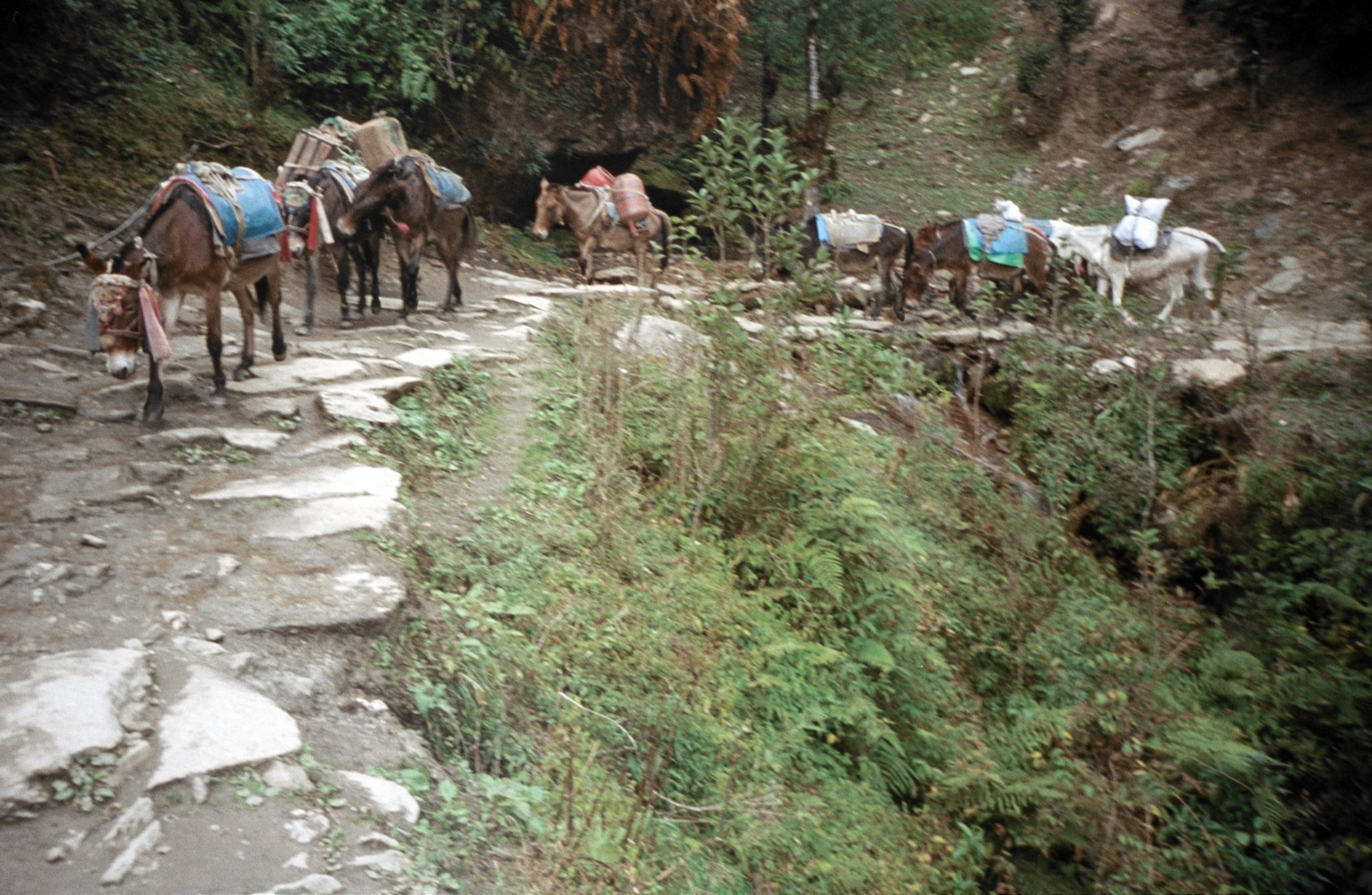I’ve just finished my first attempt at Participatory Action Research within a social movement organisation, specifically London Renters Union. I designed the research so that there would be two types of participatory interaction – interviews and workshops – and two different outputs, one for academia and one for the union. I wouldn’t expect anyone in the union to have much interest in the academic output, so my reporting back from the interviews to the second PAR workshop was the output for the union. Anyone can read the academic output if they want of course, but no-one has shown much interest, and frankly it engages with debates in academia that are of only marginal interest to social movements.
The interviews were participatory research both in the sense that the questions were co-designed in the first PAR workshop, and because the interviews were two-way conversations between two union members, both learning from each other. That aspect of the research worked well, and people mostly seemed to feel positively about doing the interviews and showed signs of enjoying the process.
The PAR workshops on the other hand people seemed to see simply as another meeting to go to, they were, in fact, a burden. For some reason the PAR literature rarely talks about the PAR process as a burden to the participants. In an ideal world the participants would be getting so much from it that they wouldn’t experience it like that, and perhaps that’s the assumption we’re all meant to make. In the real world everyone has competing pressures on their time. In a setting like the union there are always a dozen meetings you can go to, all of which are meant to benefit you in some way, so the PAR workshop is nothing special, just another request for your time.
When I come to design further research for and with the union, I’ll have to bear this in mind. It’s made me a bit wary of trying to do too many PAR workshops. It also makes interviews look easier, which I don’t want to totally focus on as they are very individual encounters (I don’t entirely trust them because people can offer very individual narratives or alter what they’re saying/thinking according to their mood that day, not issues that I think are totally addressed by doing more of them). Perhaps I need to do some interviews with more than one person at once, perhaps with two or three. Sort of halfway between an interview and a workshop. Is there a tradition of collective interviews in the social sciences? If not, I wonder why not? I suppose there are focus groups, but that’s not quite the same thing. If it doesn’t exist maybe I’ll have to invent it.
